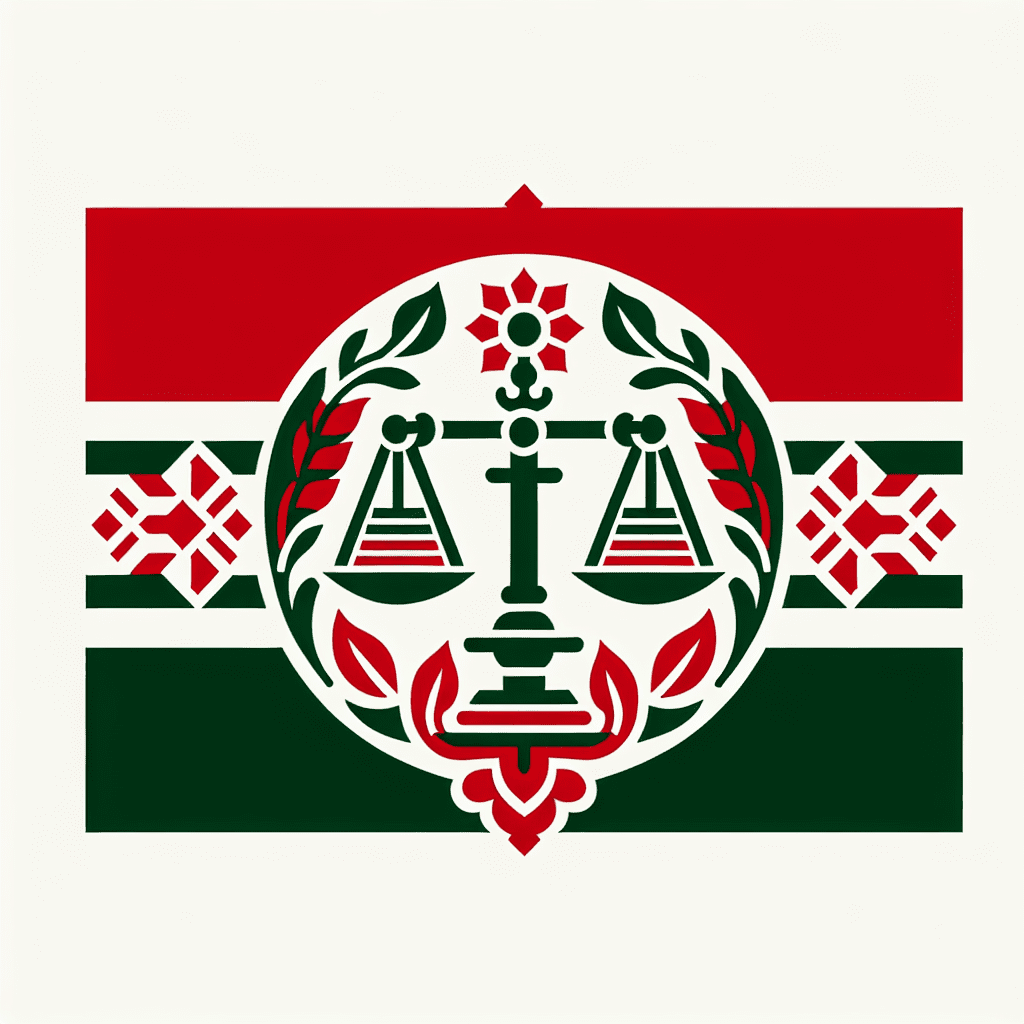
Introduction
Traveling to a new country is an exciting adventure, but it’s important to remember that each country has its own set of rules and cultural norms that should be respected. Bosnia and Herzegovina, located in the Balkan Peninsula of Southeastern Europe, is a country rich in history, culture, and natural beauty. To ensure a smooth and enjoyable trip, it’s essential to familiarize yourself with the rules and cultural norms of this fascinating country.
Key Elements
Element 1: Greeting Etiquette
In Bosnia and Herzegovina, a warm and respectful greeting is highly valued. When meeting someone for the first time, it is customary to offer a firm handshake and make direct eye contact. It is proper etiquette to address individuals by their titles and last names, adding “gospodin” (Mr.) or “gospođa” (Mrs.) to show respect. Additionally, a common greeting in Bosnia and Herzegovina is “Dobar dan” (Good day), which can be used throughout the day.
Element 2: Religion and Dress Code
Bosnia and Herzegovina is a diverse country with various religious beliefs. The majority of its population practices Islam, followed by Orthodox Christianity and Catholicism. When visiting religious sites, it is important to dress modestly and respectfully. Women should cover their shoulders and knees, and men should avoid wearing shorts. It is also customary to remove your shoes before entering a mosque or someone’s home.
Element 3: Social Customs
Bosnian people are known for their hospitality and kindness. It is common to be invited into someone’s home and offered food and drinks as a sign of friendship. When accepting such an invitation, it’s polite to bring a small gift for your hosts, such as flowers, chocolates, or a bottle of wine. Refusing food or drinks may be seen as impolite, so it’s best to accept graciously, even if you can only have a small portion.
Element 4: Driving Regulations
If you plan to rent a car and drive in Bosnia and Herzegovina, it’s crucial to familiarize yourself with the country’s driving regulations. In this country, cars drive on the right side of the road. Seatbelts are mandatory for both drivers and passengers, and the use of mobile phones while driving is strictly prohibited. Speed limits are clearly marked, and it’s important to adhere to them to ensure your safety and avoid penalties.
Element 5: Cultural Sensitivities
Bosnian people are proud of their cultural heritage and customs, and it’s important to be sensitive to these aspects when visiting the country. Avoid discussing sensitive topics such as politics and the war unless the locals bring it up themselves. Instead, focus on topics such as sports, food, or the rich cultural history of Bosnia and Herzegovina. As with any country, it’s essential to be respectful and open-minded toward different cultures, traditions, and beliefs.
Tips for Traveling
Now that we’ve explored some key elements of Bosnian rules and cultural norms, let’s dive into some practical tips for traveling to this beautiful country.
- Research: Before your trip, take the time to research the local customs, laws, and traditions specific to Bosnia and Herzegovina. This will help you better understand and respect the local way of life.
- Subtip: Familiarize yourself with common Bosnian phrases and greetings. Learning simple phrases like “Hvala” (Thank you) or “Molim” (Please) can go a long way in connecting with the locals and showing your appreciation.
- Dress Appropriately: As mentioned earlier, it’s important to dress modestly, especially when visiting religious sites or rural areas. Pack clothing that covers your shoulders and knees, and opt for comfortable footwear for exploring the country’s beautiful landscapes.
Currency: The official currency in Bosnia and Herzegovina is the Bosnian Convertible Mark (BAM). It’s recommended to exchange some currency before your trip, as not all establishments accept credit cards. Additionally, inform your bank of your travel plans to avoid any issues with ATM withdrawals.
Public Transport: Bosnia and Herzegovina have an extensive public transport network, including buses and trains. Using public transportation is a cost-effective way to travel around the country and experience the local way of life. However, be prepared for potential delays and plan your journeys accordingly.
Safety: While Bosnia and Herzegovina is generally a safe country to visit, it’s always important to prioritize your personal safety. Take precautions like avoiding isolated areas at night and keeping a close eye on your belongings. It’s also advisable to have travel insurance that covers medical emergencies and unexpected incidents.
Disclaimer: This article aims to provide valuable insights based on general knowledge and research. However, it is essential to seek professional advice and check the official laws and regulations of Bosnia and Herzegovina before traveling to ensure compliance with the country’s rules and cultural norms.
By being aware of and respectful towards the rules and cultural norms of Bosnia and Herzegovina, you can have a truly immersive and meaningful travel experience in this captivating country. Embrace the rich traditions, connect with the friendly locals, and create lasting memories as you explore the wonders of Bosnia and Herzegovina.


